Economics & Money
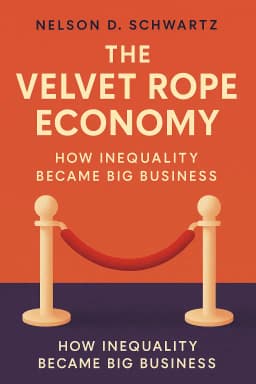
The Velvet Rope Economy
Nelson D. Schwartz
An incisive look at how inequality has become a business model, with companies catering to the wealthy while neglecting the needs of the middle class and the poor, exacerbating social divisions and threatening the very fabric of American society.

The War on Normal People
Andrew Yang
Andrew Yang, founder of Venture for America, presents a compelling analysis of America's disappearing jobs due to automation and globalization. He argues for Universal Basic Income as a solution to prevent societal collapse and ensure a future where people can thrive even in the face of technological disruption. This book is a wake-up call to the challenges facing normal people in the 21st century and offers a bold vision for a human-centered capitalism.

The New Confessions of an Economic Hit Man
John Perkins
A shocking exposé of the dark side of globalization, The New Confessions of an Economic Hit Man reveals the hidden agendas behind international finance, corruption, and the exploitation of developing nations. John Perkins takes you on a journey into the shadowy world of economic hit men, where deception, bribery, and even assassination are tools used to advance corporate interests and maintain global power structures. This book is a call to action, urging readers to challenge the status quo and create a more just and sustainable world.
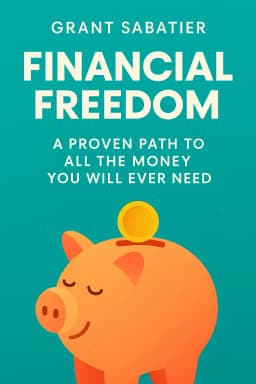
Financial Freedom
Grant Sabatier
Grant Sabatier, who went from $2.26 to over $1 million in five years, shares his proven path to financial freedom. This book provides a step-by-step guide to making more money in less time, managing your finances, and investing wisely so you can retire early and live a life of freedom and abundance.
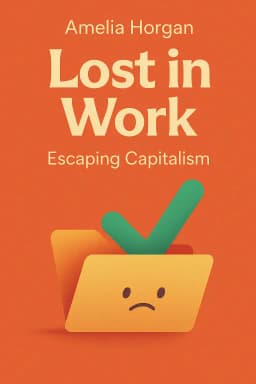
Lost in Work
Amelia Horgan
A searing analysis of the contemporary crisis of work, Lost in Work challenges the tidy narrative of progress around work and calls into question the very foundations of society. It explores how work under capitalism is bad for all of us, even in more secure and better-paid positions, and argues that we cannot get our lives back without radically changing the very foundations of society.
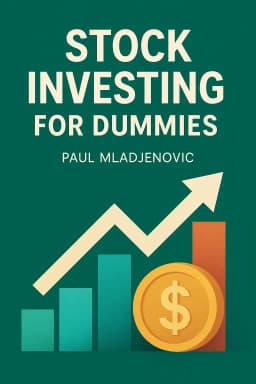
Stock Investing For Dummies
Paul Mladjenovic
Navigate the complexities of the stock market with ease using this comprehensive guide. Whether you're a beginner or looking to refine your strategies, this book provides practical insights, proven techniques, and essential knowledge to help you make informed decisions and achieve lasting prosperity in the world of stock investing.

A Random Walk Down Wall Street
Burton G. Malkiel
A Random Walk Down Wall Street is a guide to investing, covering various investment strategies, market analysis, and portfolio management. It explores the history of speculative bubbles, the role of technical and fundamental analysis, and modern portfolio theory, offering practical advice for both novice and experienced investors.
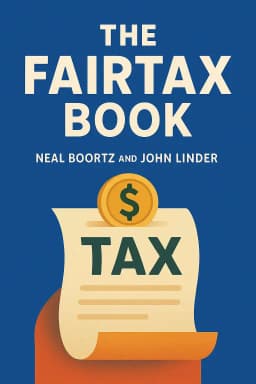
The FairTax Book
Neal Boortz
An examination of the FairTax proposal to replace existing income taxes with a national retail sales tax. The book explores the history of income tax, the impact of withholding, and the potential economic benefits of the FairTax system, arguing for a simpler, fairer, and more transparent method of funding the federal government.